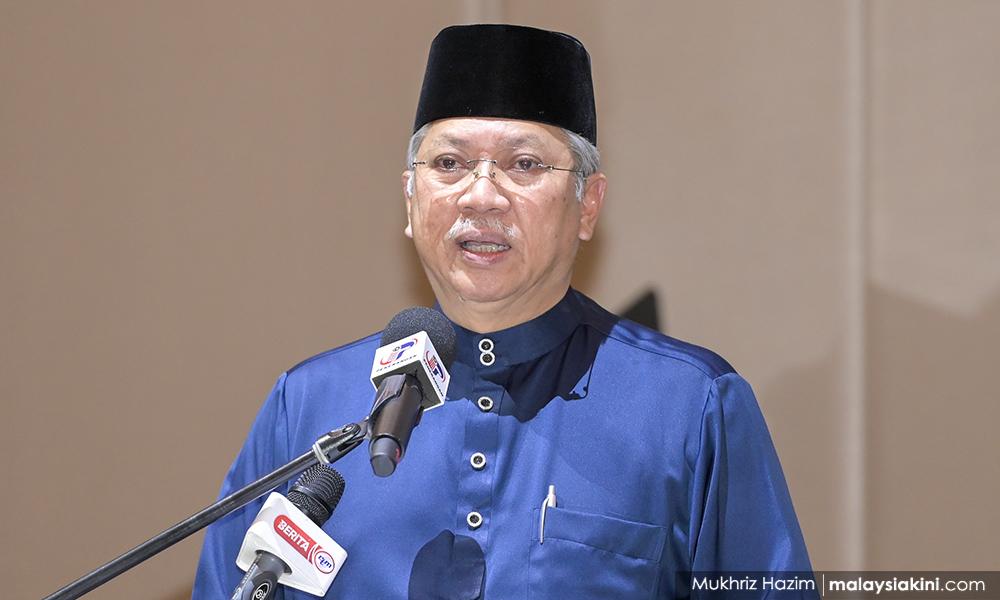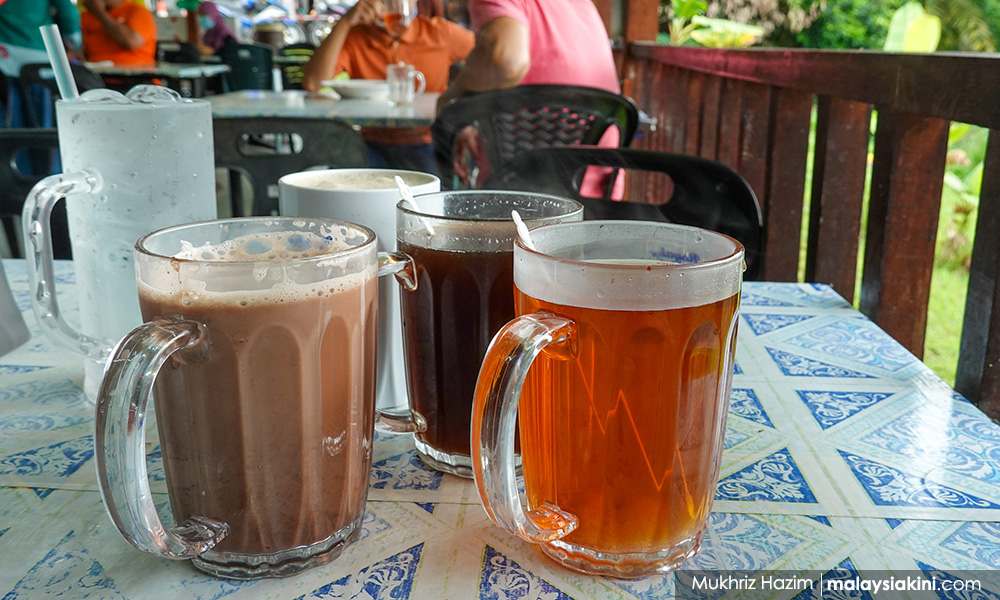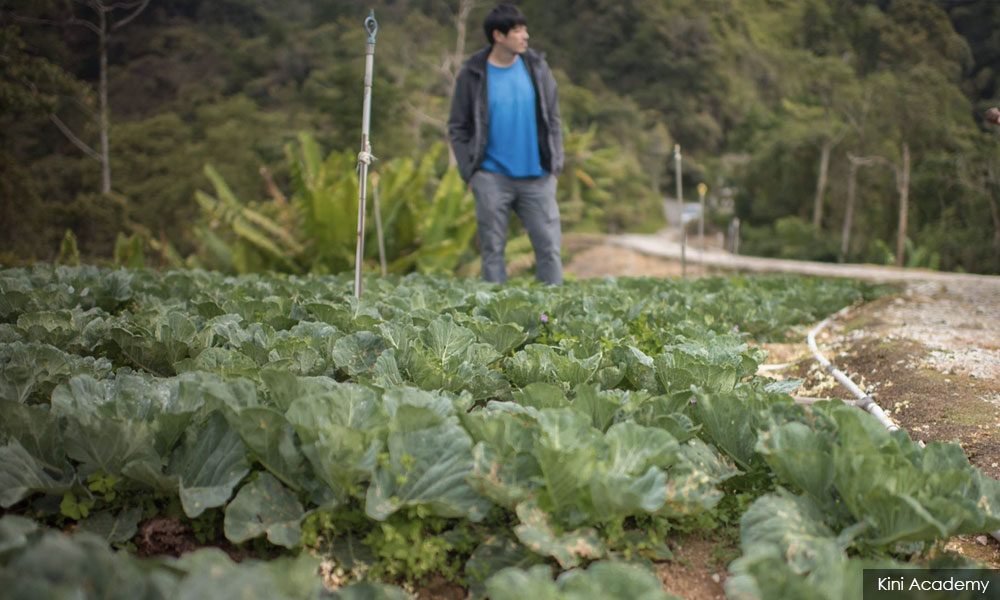Last Wednesday, the cabinet agreed to form a special task force on “jihad against inflation” to help Malaysian families face the rising cost of living.
The main role of the special task force is to gather all information from ministries, agencies and the public, and to formulate strategies and coordinate actions to resolve issues relating to inflation, especially in controlling price hikes more efficiently and effectively.
Prime Minister Ismail Sabri Yaakob said the move was taken following the rising cost of living faced by the people due to climate change and geopolitical uncertainties, including the Russia-Ukraine crisis which is expected to drag on and affect fuel and food commodity markets.
The announcement, it occurred to me, was one after another of those committees and task forces that were set up but never brought about tangible results. They would meet and hold discussions over teh tarik and kuih muih for hours without finding the much-needed solutions.
Maybe, this time around, it could be different especially with five ministers and the head honcho of the civil service, I thought. The expectations were high but after their first meeting, it was obvious that it was the same old thing.
They found the bogeyman or fall guy - the middle person - who is blamed for everything when the price of goods goes up.
Middle person system
Communications and Multimedia Minister Annuar Musa who chairs the task force declared that the government cannot allow market forces alone to work and would conduct certain interventions.

For good measure, Annuar said: “We know the middle person system has existed for a long time in the country... but it is wrong when they start making excessive profits or (use a) cut-throat approach.
“If the middle person takes excessive profits and takes advantage in pressing time to burden consumers, then this situation cannot be allowed to go on,” he added.
Which business outfit does not want to maximise profits?
But in the first place, how does one define “excessive profits”? In terms of percentage. what would be deemed as “acceptable” profits - five, ten, 20 or 30?
How can one describe “excessive profits”? A cup of coffee costs RM1.20 at the hawker’s stall, RM2 in a kopitiam or restaurant, RM12 in a coffee shop chain and RM18 in a five-star hotel.

So, how is the government going to weed out middle persons or control the profit margin?
Don’t look far - just look at the “mineral” bottled water market. It is being sold between 50 sen and RM3 a bottle. In some cases, the contents are processed or distilled from ordinary tap water.
Aren’t some of these bottlers making excessive profits?
Want to cut off the middle person? Most manufacturers don’t even sell their products directly to the consumer. Even if you tried and want to buy in bulk for a wedding or a party, you are often referred to their authorised distributors.
I have to agree with Annuar when he says the profit margin for distributors is more significant than the profit margin obtained by retailers or farmers themselves.
Distributors will of course cite logistics costs for their refrigerated trucks, maintenance, cost of operating cold rooms, salaries and having a network of salespeople to deal with the retailers.
But did the task force discuss middle persons in areas such as land, licences and other requirements?
Farmers’ woes
Take the farmers in Cameron Highlands. Last year, the state government introduced a new lease scheme for the 1,018 small-scale growers occupying land in three districts.

Instead of a fixed Temporary Occupation Licence (TOL) rate, the government land which the farmers sit on has been leased to the development arm of the state - the Pahang State Development Corporation - and then rented to farmers at RM4,500 per acre per year.
At a glance, it is almost a five-fold hike from the original TOL rate. Now, on the same token, is the state making excessive profits using a middle person?
Why the need to involve a third party when the farmers have been paying RM900 per acre all along? Why the need for a five-fold increase which was passed on to the consumer?
In comparison, it costs RM24 per acre a year to plant oil palm in Pahang. It is even cheaper to lease agricultural land to grow fruits, at only RM8 per acre annually.
On July 21 last year, Fernando Fong whom I was supervising in a training course organised by Kini Academy wrote on the subject after visiting the area and talking to farmers: “That layers of bureaucracy and intermediaries breed corruption needs little reiteration. Intermediaries and politicians have become synonymous with spiralling graft in the country.
“Is there a need for go-betweens that increase costs and do not add to the value chain? Why should honest citizens pay for benefits for which they already qualify?”
Go to some of the wet markets, there are middle persons who have the influence to get a stall and a licence for about RM300 per month and immediately pajak (leased) to someone who is willing to pay RM3,000 per month.
These are not middle persons who most of the time add value to the supply chain - these are rent-seekers with political connections and patronage who have been and continue to be living off the system.
To the members of the task force, all I can say is that the situation on the ground is far different from what you discussed at your air-conditioned office in Putrajaya.
Go to the ground, talk to the stakeholders and you will know the real issues and problems out there. And please, do not go with an entourage in your suits. Just go incognito just like ordinary customers and have a chat with retailers. Hear them out and you may have a better understanding of the issues the country is facing.
R NADESWARAN is a veteran journalist who writes on bread-and-butter issues, Comments: citizen.nades22@gmail.com
The views expressed here are those of the author/contributor and do not necessarily represent the views of MMKtT.



No comments:
Post a Comment
Note: Only a member of this blog may post a comment.